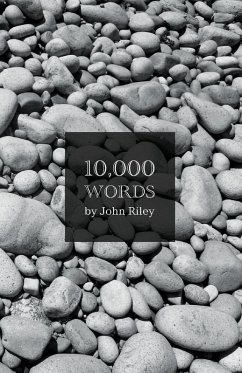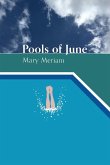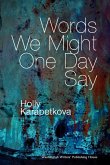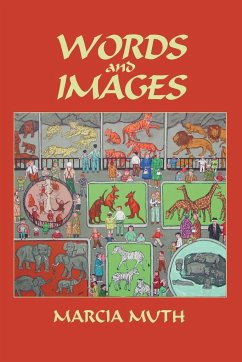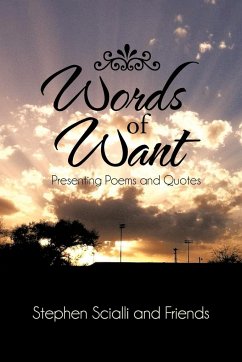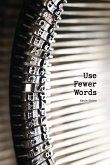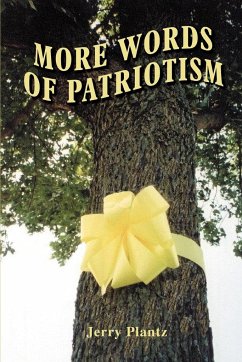Read one of these poems and you'll want to read the others. John Riley has created a severe compositional structure, producing 100 poems of 100 words each. This self-imposed restriction fires his spontaneity. A multitude of images, always deep, never just fanciful, spring from his surreal imagination. Nothing is ponderous, nothing forced. An ending often has the feeling of a beginning, a beginning is like an ending. As with Samuel Beckett, words and phrases and sentences are pools-and the complete 100 word poem is the largest pool, inviting us to jump, then swim or tread water, at our whim. John Marcus Powell, author of Black Uncle A book of one hundred stones: some heavy, some light, some bigger than they seem, some formed by a river while giving the river its form, some leaving a deep impression, some found in the lowest of places, some unwieldy, some glistening, some crystalline though you can't see through them, some striking against each other to create light, some shaped by having once been broken. Some clonk you on the head and some you have been carrying around this whole time. This book also contains one hundred poems. What I wrote about the stones is true also of the poems. Walter Ancarrow, author of Etymologies What is poetry anyway? Does anyone know? It won't be there, then you sense a stirring in the grass, and suddenly you're up to your neck in it, and before you can grasp it, it's gone. You are bereft. So you fill the emptiness with intense awareness of the world of things you are sure to lose. Riley's poems are founded on such loss. On the current of his sentences I move through inconclusive lives, charged, and instead of purposeful ideas find thought-magic, an open heart. Heavy and light, like water, his poems sing to the thing that never left. Cally Conan-Davis, Poet
Hinweis: Dieser Artikel kann nur an eine deutsche Lieferadresse ausgeliefert werden.
Hinweis: Dieser Artikel kann nur an eine deutsche Lieferadresse ausgeliefert werden.

